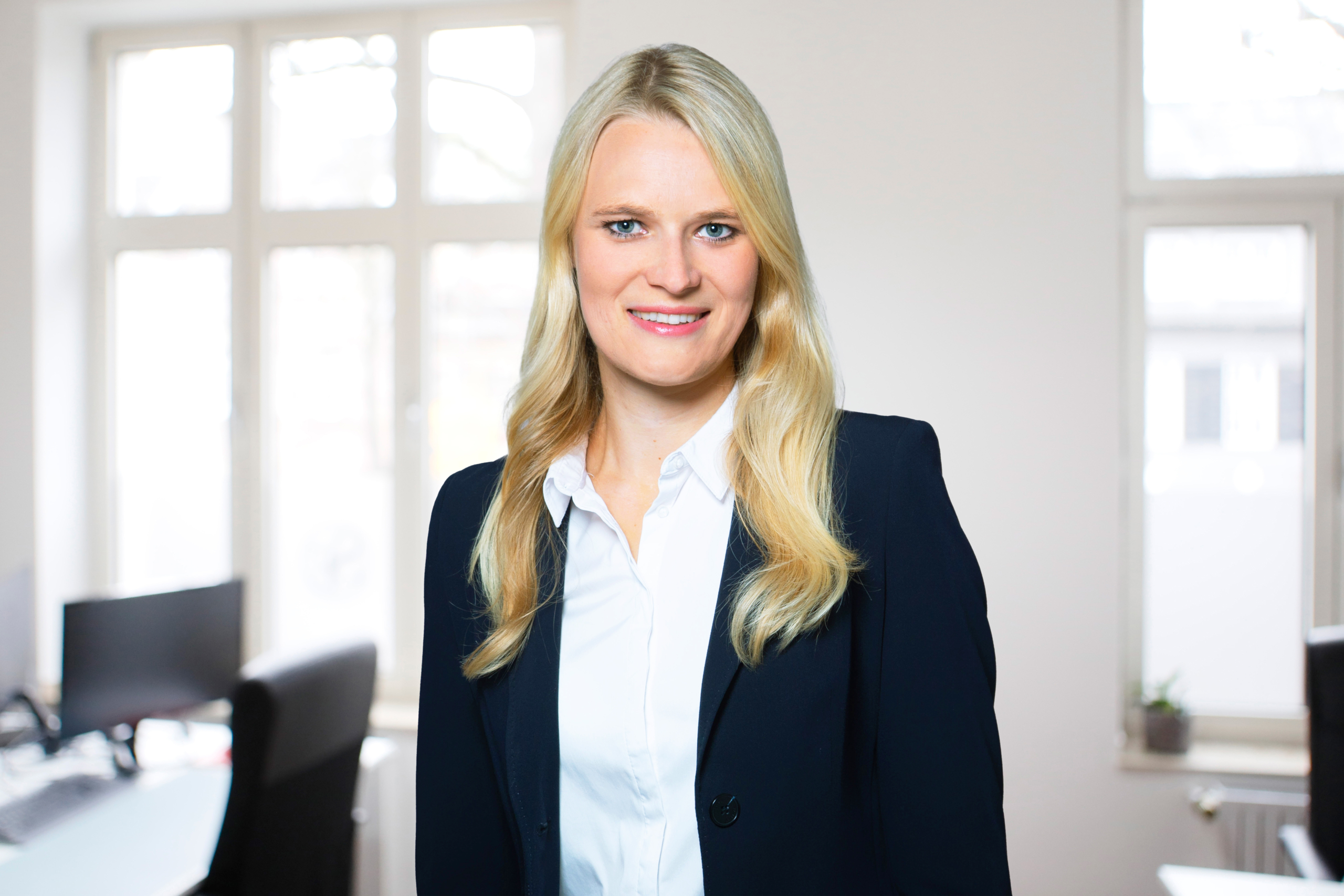If a couple in Germany separates or gets a divorce and they have children together, child support is usually due. This payment covers the general living costs for clothing, food and general care of the child as it grows older.
As a rule, either the non-custodial parent is obliged to make such a payment, provided they are financially able to do so, or the second caregiver. However, the amount of child supportand the duration of the maintenance payment depend in Germany on the circumstances of the individual case. The calculation takes into account the parents’ income, the child’s needs and other individual factors.
In the case of international divorces, the maintenance law for German children may extend beyond the borders of Germany. In order to determine the exact amount of child support, it is always advisable to seek legal advice.
The German law firm Schlun & Elseven Rechtsanwälte offers comprehensive support in all family law matters. Our lawyers have in-depth expertise and the necessary empathy to assert your interests and make this emotionally demanding situation as pleasant as possible for you.
Types of Cases and General Guidelines for Child Support in Germany
All cases are different, and as stated above, the facts of the situation play a vital role in the court’s decision. However, there are some situations in which we can provide a basic outline here. This article will outline three positions regarding child support: domestic cases, cases involving a parent living outside of Germany with the child in Germany and where the child has moved to another country, but the parent has stayed in Germany.
Who is Liable for Child Support in Germany?
The German Civil Code (Bürgerliches Gesetzbuch – BGB) provides the basic regulations on the issue of child support in Germany, as § 1601-§ 1615 of the BGB section outlines who is liable to maintenance payments, how the costs are calculated and when they should be paid. According to § 1601 BGB, lineal family members are obliged to maintain each other, including the parents of underage children. It also provides that greater urgency is placed on those in the descending line (parents to children.)
In terms of adult children, it depends on the stage of development. Child support in Germany tends to end when they have completed their education and have started earning their own wage. It is important to note that this requirement means when the child can support themselves – therefore, summer jobs and paid internships do not count. Therefore, child support in Germany may continue beyond the age of 18. If the child has a disability or issues preventing them from working, it is worth seeking legal assistance and outlining the case in detail.
In such cases, it is vital to establish that the person in question is, in fact, the parent of the child. With matters of paternity, § 1592 BGB outlines the requirements:
- a) the man married to the mother at the time of birth,
- b) the man who has recognised and signed the paternity acknowledgement,
- c) where a court has recognised the man as the father of the child.
It is of value to note that the court does not merely accept the mother’s statement without evidence on the matter. It is also the custodial parent or primary caregiver who should bring the case forward regarding child support. Our lawyers advise on all issues concerning paternity in Germany.
What is the Cost of Child Support in Germany?
In the event of establishing the parentage of the child, the issue of liability plays a role. The facts of the case play the most critical part. The BGB outlines that the parent in question needs to support themselves and support the child (§ 1603 BGB). Should this be established, the German courts tend to use the Düsseldorfer Tabelle as a rough estimate of what a parent should be paying. This calculator works out the amount owed based on the parent’s earnings per month, the primary caregiver’s earnings, the additional requirements necessary for the child’s maintenance, etc. The Düsseldorfer Tabelle will be used alongside other guidelines provided in the family courts. However, it is worth noting that the court will deal with issues on a case-by-case basis. Although Düsseldorfer Tabelle offers a good outline, the court will decide the amount owed based on the facts of the case.
Domestic Child Support Cases: German Citizens in Germany
These types of cases are generally the most straightforward. The German court system can hear cases involving German citizens and people residing in Germany and parents of German citizens. These cases will be heard in front of domestic adjudicators, although it may be preferable for the parties to resolve them outside of court. Whether inside or outside of court, getting legal assistance is firmly advisable to ensure that you have the right supports in place. Expert legal support will be your best course of action. Such cases can be resolved privately between the parties without the requirement to go to court.
Should the court decision favour the primary caregiver, the courts generally use variations of the Düsseldorfer Tabelle to decide on the amount paid. Analysis of the Düsseldorfer Tabelle will analyse the parent’s working situation, monthly income, child living standards, and other factors. The courts will also focus on the child’s age and their stage of life. Cases can often depend on the child’s stage of development. For example, if the child is at a stage where they can pay for themselves compared to a younger child or even a child with difficulties preventing them from supporting themselves. The courts will rule on whether the party is liable for child support, the amount owed and the frequency of the payments that the party needs to make.
International Child Support Case: Parent Abroad & Child in Germany
Child Support cases involving international aspects are often very challenging, and expert legal advice is recommendable. It is essential to consider which country and jurisdiction the child or parent is based in the following two cases. If the parent is in the USA, the courts in most US states will follow and enforce the German courts’ judgment due to a reciprocal arrangement between the two jurisdictions that apply to most states.
It is worth analysing whether the country in question is part of the Hague Protocol for Child Support in other jurisdictions. If the country in question is within this arrangement’s confines, it is more likely that a court will follow a judgment made in Germany. This arrangement includes all EU members, Russia, Saudi Arabia, Brazil, Australia and New Zealand.
When bringing such cases, the claiming party may obtain assistance from the Jugendamt (child welfare office) in Germany. The claiming party could present their issues to this body to determine whether they may be of help. However, it is essential to get legal advice and an attorney in deciding whether such a step is necessary or worthwhile. In international cases, German courts are still likely to use the Düsseldorfer Tabelle as a basis by which to measure the amount of liability that is attributable to the parent in question.
International Child Support Case: Parent in Germany & Child Abroad
In these child support cases, it is essential to consider where the child is now based. Once again, some jurisdictions have reciprocal arrangements with Germany and enforce the law as provided by the German court in that jurisdiction. Similarly, if the case is brought in the other jurisdiction, the German courts may enforce that judgment in Germany. The Hague Protocol issues play a role here, and once again, it is worth researching whether the country in question is part of that arrangement.
Some of the countries signed up to the arrangement include (but are not limited to): the members of the EU, Brazil, Australia, Saudi Arabia, New Zealand, Russia and China. These countries are more likely to implement a German court decision in a matter concerning child support. In cases involving German citizens (especially in the child being a German citizen) abroad, the German courts can resolve the issue. The factors mentioned before, such as establishing paternity, using the Düsseldorfer Tabelle, examining whether the party is liable and deciding on the amount owed (if applicable), can be determined by the German courts.

Practice Group: German Family Law
Practice Group:
German Family Law
Contact our Lawyers for German Family Law
Please use our online form to outline your request to us. After receiving your request, we will make a brief initial assessment based on the facts described and provide you with a cost offer. You can then decide whether you would like to engage our services.








